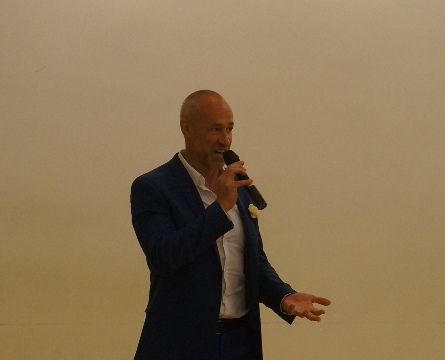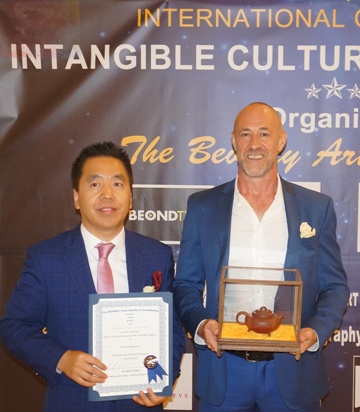Richard Wearn: Intangible Cultural Heritage
What meanings do we encounter when use these words? Intangible Cultural Heritage speaks to the invisibility of culture, its immaterial state, and the relationship of this state to history and retro-active organization.
As an artist I am interested in the interaction between collective cultural identity and the psychological manifestation of identity within the individual. The intangibility of this relationship mirrors the heightening of immaterial cultural experience.
To view this relationship in phenomenological terms, our being is given a congruency with external event when aligned with time. Our identities are given a shape, if you will, through an interaction with our understanding of temporality and specific event.
Histories and heritage are given to us as representations – one may argue they are abstractions of real events that are then produced and presented as sub-strata that collude to uphold a meta-narrative. Meta-narrative meaning an over-arching narrative or a continuum of meaning that acts as a context and coordinating principal for event and experience. For example the meta-narrative of ‘Pre-destination’ coordinates the disparate and seemingly random assemblage of events that make up the official history of the United States into a purposed, directional story that conditions political, societal and identity conceptions of the present.
Let us focus for the minute on the two competing philosophical structures that underwrite how we view history. “Ontological” history is the traditional version of history if you will, it is transcendent, and a viewing of past events as a series of progressive, logical happenings that evolved from the reasonableness of the enlightenment. Causality is central. That reasoning arose from dialectical thinking, and resulted in the formation of a historical structure that acted as a system of concealment and erasure. Ontological history is an accounting of past event where by the outcomes of an event are the prism through which an event is historicized. In other words previous event is justified and qualified by the events that follow, a transcendental movement designed to reflect the logical and progressive nature of history. Fundamental to this dialectical structure is the progressive movement forward toward the realization of a meta-narrative, extending from a unifying point of origin. History was represented as an actualization of the now. The conditions and expectations of today are the result of the logical and regulatory conditions of what immediately preceded. This construct of understanding was central to the justification of power hegemonies. History, in an ontological sense, was written by the victor, by the dominant. Control of the meta-narrative is a feature of absolutist and totalitarian power, that situates itself in a continuum of event as being logically justified.
The “Materialist” version of history attempts to view events through their immediate context as they were experienced in that moment. It eliminates transcendence and offers a pragmatic viewing of the affects and percepts existent at that time as condition, taking away the ontological alignment of an event provided by that which has not yet occurred.
Author: Richard Wearn on International Conference of Intangible Culture Heritage at Beverly Hills














